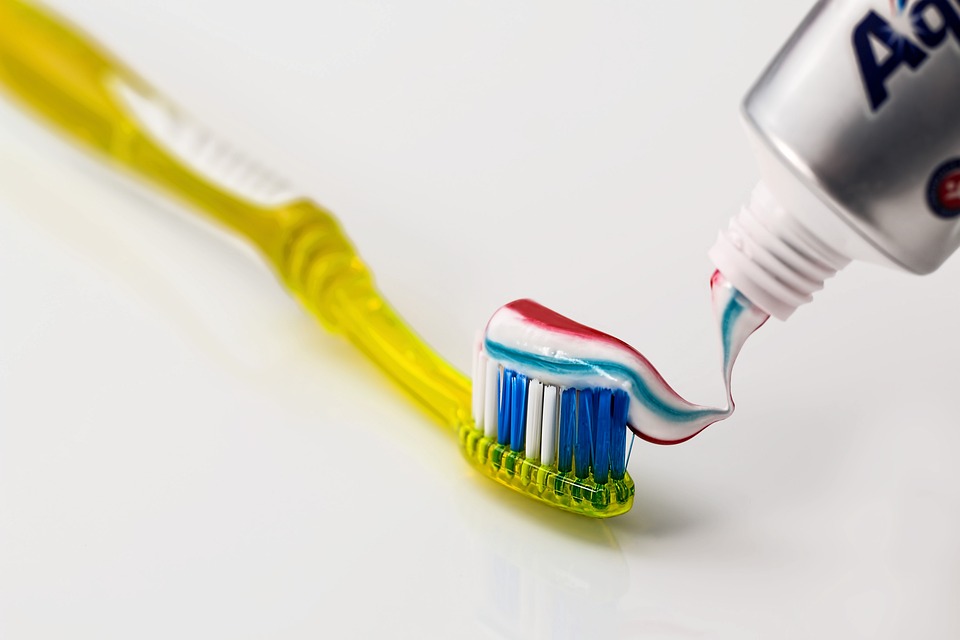Oral Hygiene Products for Sensitive Teeth: Finding Relief and Comfort
Having sensitive teeth can be a real pain, quite literally. It can make simple activities like eating or drinking a challenge, as the discomfort can be triggered by hot or cold temperatures, acidic foods, or even just regular brushing. If you have sensitive teeth, finding the right oral hygiene products that provide relief and comfort is crucial. In this article, we will explore some effective solutions and answer common questions regarding oral hygiene for sensitive teeth.
The Importance of Oral Hygiene for Sensitive Teeth
Before we delve into the different products available, let’s first understand why oral hygiene is essential for individuals with sensitive teeth. Sensitive teeth occur when the outer layer of the tooth, called enamel, becomes thinner or when the gums recede, exposing the underlying layer called dentin. This dentin contains microscopic tubules that lead to the tooth’s nerve endings, making it more susceptible to sensitivity.
Proper oral hygiene practices are crucial in managing tooth sensitivity. Regular brushing and flossing help remove plaque and bacteria, which can contribute to tooth sensitivity. Using the right oral hygiene products specifically designed for sensitive teeth can provide relief and help alleviate discomfort.
Choosing the Right Oral Hygiene Products
When it comes to oral hygiene products for sensitive teeth, there are several options available in the market. It’s important to choose products that are gentle on your teeth and gums while effectively addressing sensitivity. Here are some key products you should consider:
1. Desensitizing Toothpaste
Desensitizing toothpaste is specially formulated to provide relief from tooth sensitivity. These toothpastes contain active ingredients such as potassium nitrate or strontium chloride, which help block the nerve pathways and reduce sensitivity. When using a desensitizing toothpaste, it’s important to apply it directly to the sensitive areas and leave it on for a few minutes before rinsing.
2. Soft-Bristled Toothbrush
Using a soft-bristled toothbrush is crucial for individuals with sensitive teeth. Hard-bristled brushes can cause further damage to the enamel or gums, leading to increased sensitivity. Opt for a toothbrush with soft bristles, and brush gently in circular motions to effectively clean your teeth without causing irritation.
3. Mouthwash for Sensitive Teeth
Adding a mouthwash specifically designed for sensitive teeth to your oral hygiene routine can provide additional relief. Look for a mouthwash that contains fluoride to strengthen enamel and protect against tooth decay. Avoid mouthwashes that contain alcohol, as they can dry out the mouth and potentially worsen sensitivity.
4. Desensitizing Gel or Rinse
If you experience severe tooth sensitivity, your dentist may recommend a desensitizing gel or rinse. These products typically contain higher concentrations of desensitizing agents and are applied directly to the sensitive areas. Consult with your dentist to determine if these products are suitable for your specific needs.
FAQs – Frequently Asked Questions
Q: How long does it take for desensitizing toothpaste to work?
A: The effectiveness of desensitizing toothpaste varies from person to person. Some individuals may experience immediate relief, while others may require several weeks of consistent use before noticing a significant improvement in sensitivity.
Q: Can I use desensitizing toothpaste every day?
A: Yes, desensitizing toothpaste is safe for daily use. In fact, regular use of desensitizing toothpaste can provide long-term relief from tooth sensitivity. However, it’s important to follow the instructions provided by the manufacturer and consult with your dentist if you have any concerns.
Q: Are there any lifestyle changes I can make to reduce tooth sensitivity?
A: Yes, certain lifestyle changes can help minimize tooth sensitivity. Avoiding acidic foods and beverages, reducing consumption of highly sugary or carbonated drinks, and practicing good oral hygiene habits can all contribute to reducing sensitivity. Additionally, using a straw while drinking acidic beverages can help minimize contact with your teeth.
Q: Can tooth sensitivity be a sign of a more serious dental issue?
A: Tooth sensitivity is often a common dental problem and is not always indicative of a more severe issue. However, it can be a symptom of dental conditions such as tooth decay, gum disease, or teeth grinding. If you experience persistent or severe sensitivity, it’s important to consult with your dentist to rule out any underlying problems.
For more information on oral hygiene products for sensitive teeth and finding relief and comfort, visit Example Link 1.




